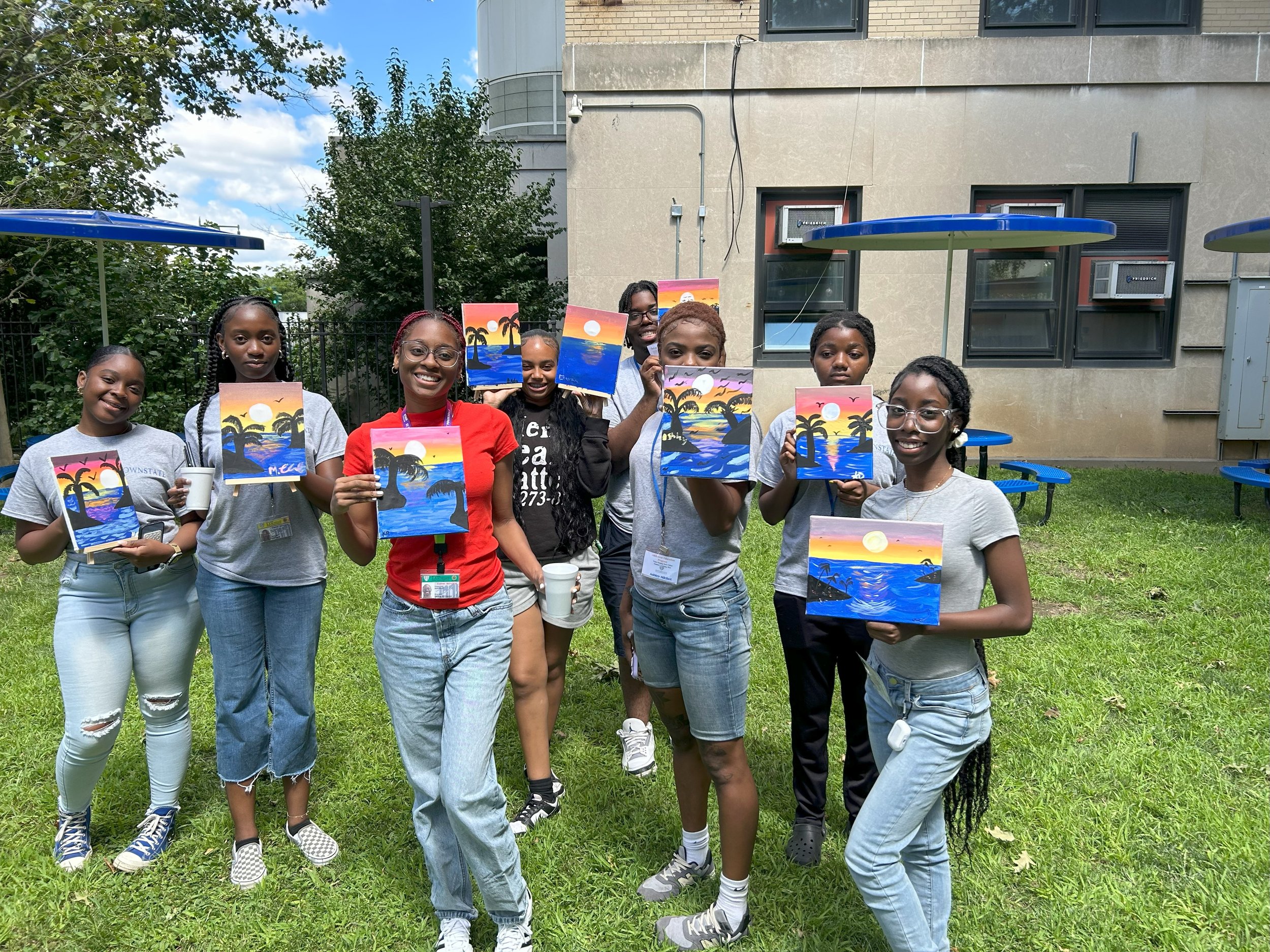Women's History Month
/March is Women’s History Month. Every year in elementary school, middle school and high school we have a lesson about this month where we discuss the big feats accomplished by many honorable women. We discuss women’s rights groups and famous activists. When a young girl sits in classrooms listening to her teachers explain these impressive women in history, she feels empowered. Usually, this lesson takes place on International Women’s Day which is on March 8th every year. It is important for a little girl to grow up knowing these powerful women and their impact on her very life to date. Just to name a few, we have Maya Angelou, Rosa Parks, Sojourner Truth, Malala Yousafzai, Anne Frank, Queen Elizabeth I, Catherine the Great, Jane Austen, and those are just some that mostly all of us know. Mothers, grandmothers, and sisters are also some women in our own life we may look up to. Had these women not changed the course for all women, our present would be quite different. Many of these women didn’t just stand for women, they stood for everyone. Rosa Parks refused to get up from her seat, and that marked a very important point in history not just for women’s rights, but for the entire civil rights movement. The Seneca Falls Convention ladies changed the political scene for everyone, not just women. Women voting, getting the same education and work opportunities as men is still a worldwide issue. But women like Malala Yousafzai are working towards changing that. Every girl has the power to stand for her rights. Every girl has the right to voice her opinions. Every girl has the right to an education. It is not just a one-day thing or a one-month thing. It is a twenty-four hours a day, seven days a week, 365 days a year thing. On March 10th, we observe National Women and Girls HIV/AIDS Awareness Day. It is crucial that the health of women also be of great importance. After all, the next generation of honorable women is among us.


